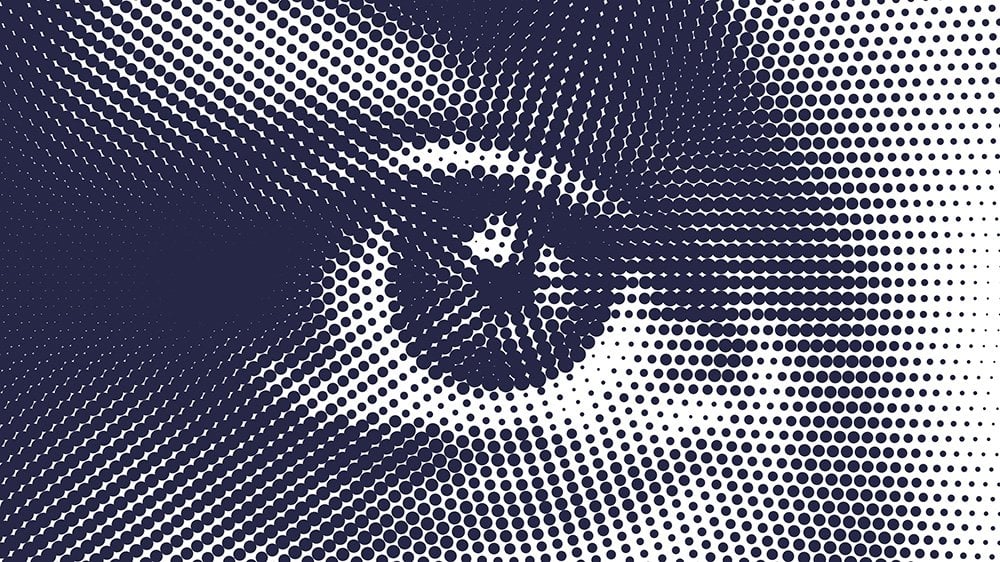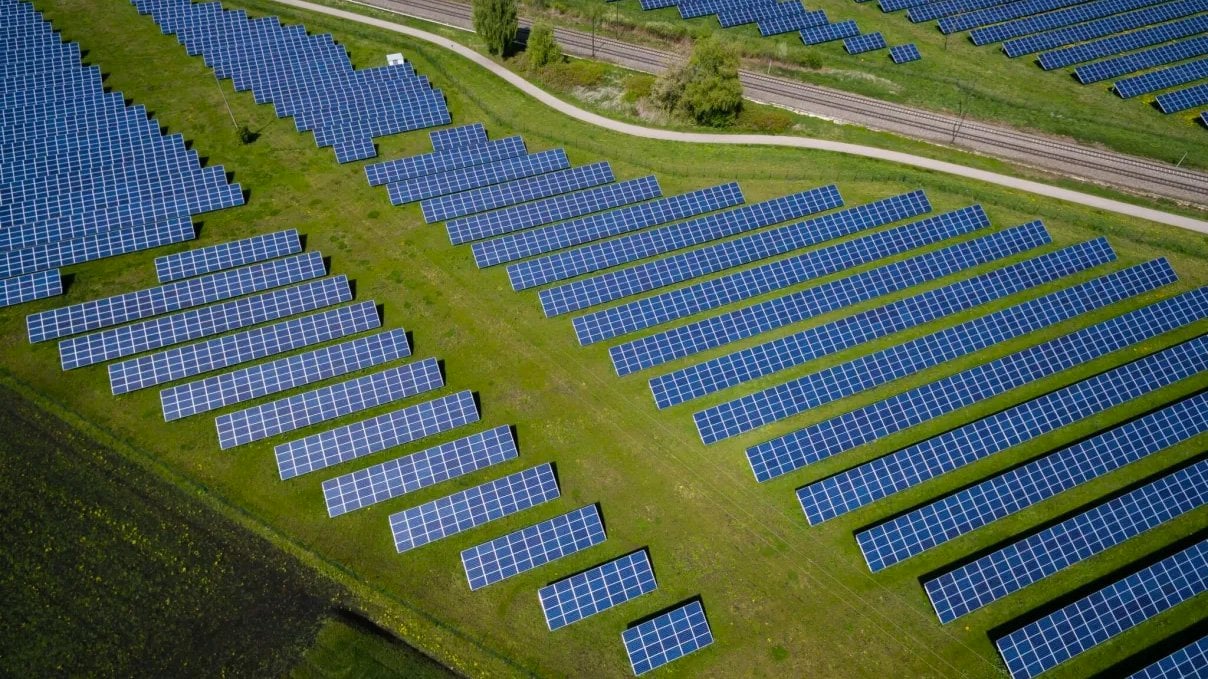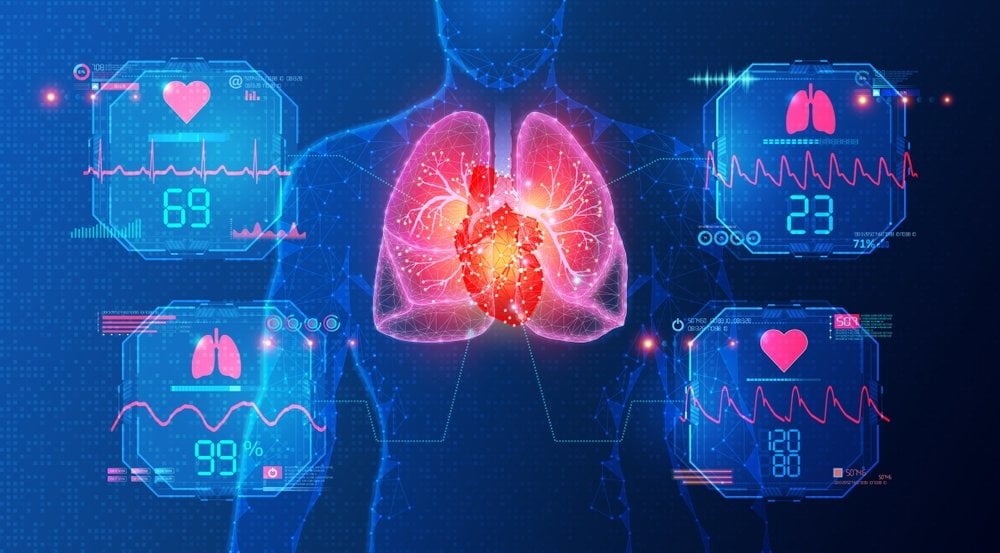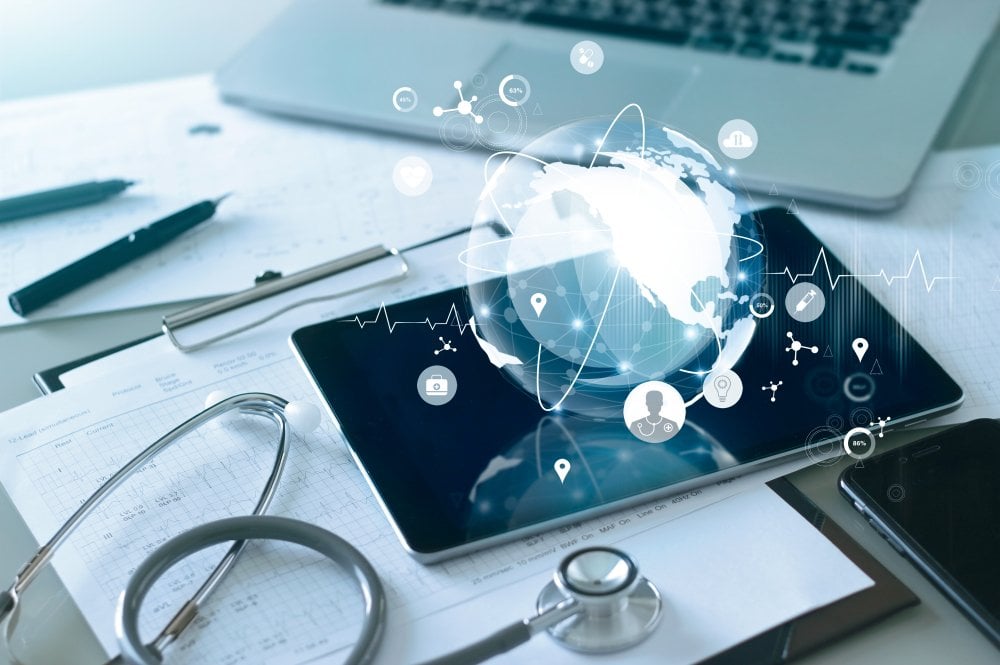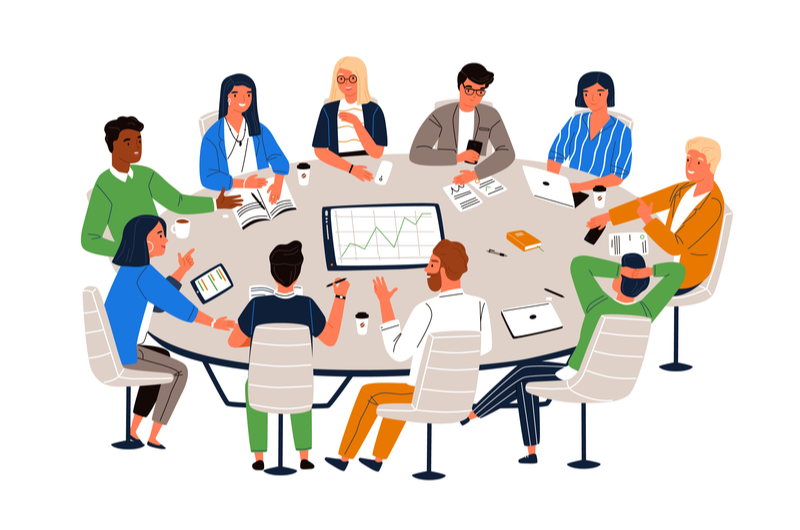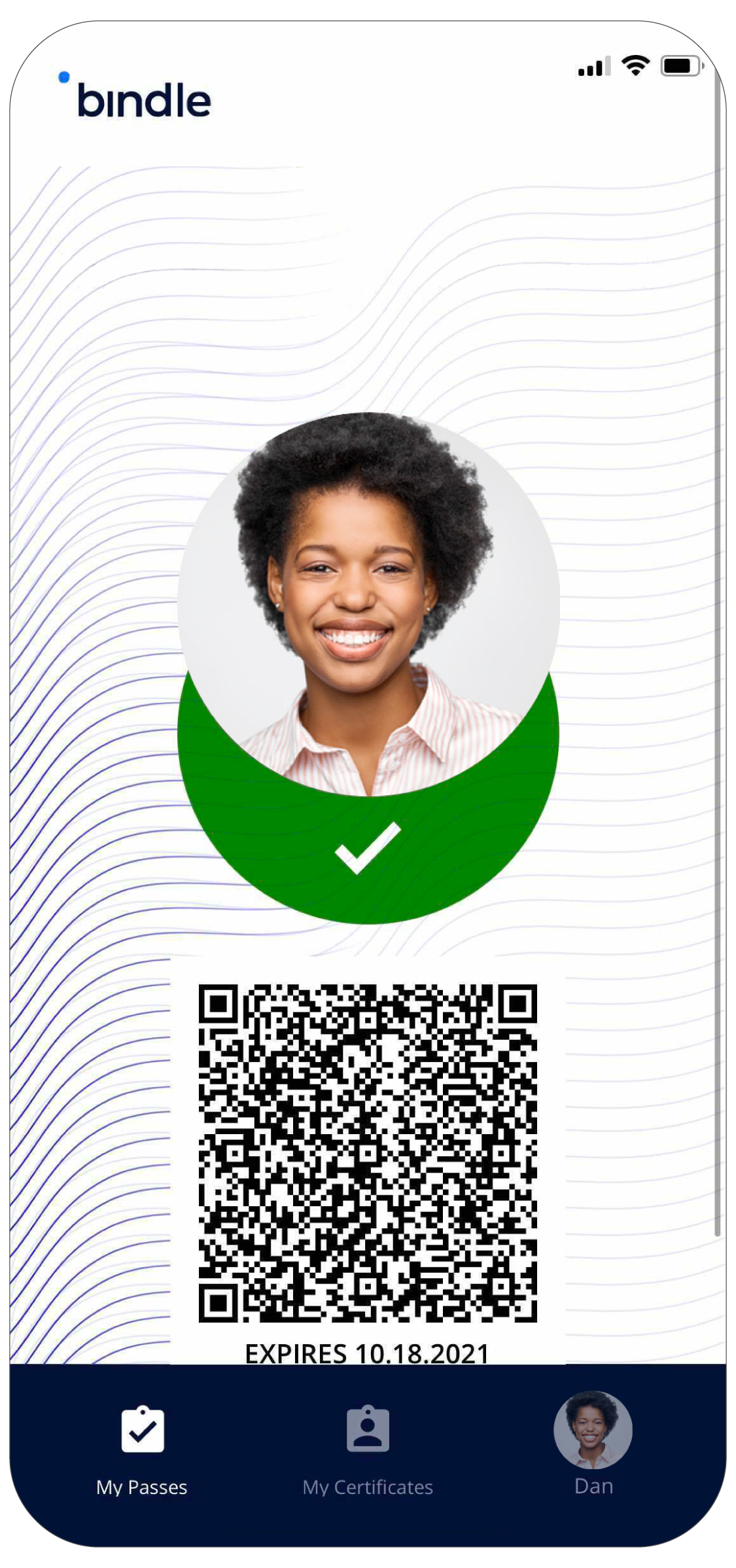
When the CDC updated its guidance in May to allow vaccinated people to discard their masks in most situations, many Americans expressed cautious optimism about the trajectory of the pandemic. But then earlier this month, the WHO issued different advice, urging everyone—regardless of vaccination status—to wear a mask as a barrier against the new Delta variant. And just yesterday, the CDC again revised its stance, recommending that Americans mask-up when indoors in COVID hot-spots.
A recent Gallup poll revealed that mask-wearing has declined more than 25% nationally since its peak last summer – but it has dropped most sharply in US communities with the lowest rates of vaccination.
In this confused context, Americans are reacting with a predictable question: how can we trust that maskless strangers have in fact been vaccinated?
To date, the answer to this question has been either the so-called honor system – where we trust that people will remove masks only when fully vaccinated – or “vaccine passports” that connect your verified vaccination status to your identity, just as a government-issued passport allows movement across borders.

But neither of these solutions is satisfactory. The honor system has obvious problems. And vaccine passports are fraught with privacy issues, associations with vaccine mandates, and a general feeling of government overreach and/or Big Tech surveillance.
There is a third way: the deployment of anonymous “health verification” systems that allow individuals to prove that they are unlikely to be infectious without sacrificing freedom or privacy. A number of these systems have recently launched.
How do these anonymous systems overcome the civil liberties and surveillance concerns associated with “vaccine passports”? They are based on a technology called “self-sovereign identity” or “SSI” which has been in development for over a decade now.
SSI’s animating principle is that individuals have a fundamental right to control their own identity. SSI systems are decentralized so personal data is not stored in an aggregated, hackable database of the kind used by some of the well-known digital identity platforms. Instead, it’s stored in ways that cannot be hacked or tracked. SSI systems are also designed to anonymize the user, so data is not associated with an individual’s identity. In the case of COVID-19, SSI allows individuals to prove their health status without ever divulging the underlying health information or other personal data.
How do these apps work in practice? First, you upload proof of vaccination like your CDC card or a recent negative test to the app. Second, you either self-attest to the accuracy of the uploaded data or use the app to have it verified, via systems like New York’s Excelsior Pass. Third, you search for a place you want to go that accepts such an app and, in mere seconds, create an “entry pass” for that location. The entry pass is a QR code that simply tells the venue you’re unlikely to get others sick. It does not say whether you’ve been vaccinated or recently tested negative – just that you’re unlikely to be contagious. No personal or health data is shared with the venue, the government, or the SSI platform itself. In fact, these systems are “warrant-proof” and “subpoena-proof” and were specifically designed by – and for – people concerned about government surveillance and BigTech overreach.
Our company, Bindle Systems, has 35 locations around the U.S. deploying SSI technology, including Fortune 500 companies, concert venues, and a handful of summer camps. Quartz, an international news organization headquartered in New York City, used the Bindle app to safely reopen its office in June. We expect more than 100 additional locations and events to deploy Bindle in coming weeks.

Some would argue that there’s no need to disclose our COVID-19 status to one another. Just throw open the doors to our offices, schools, and public spaces and, if the unvaccinated get other unvaccinated people sick, so be it.
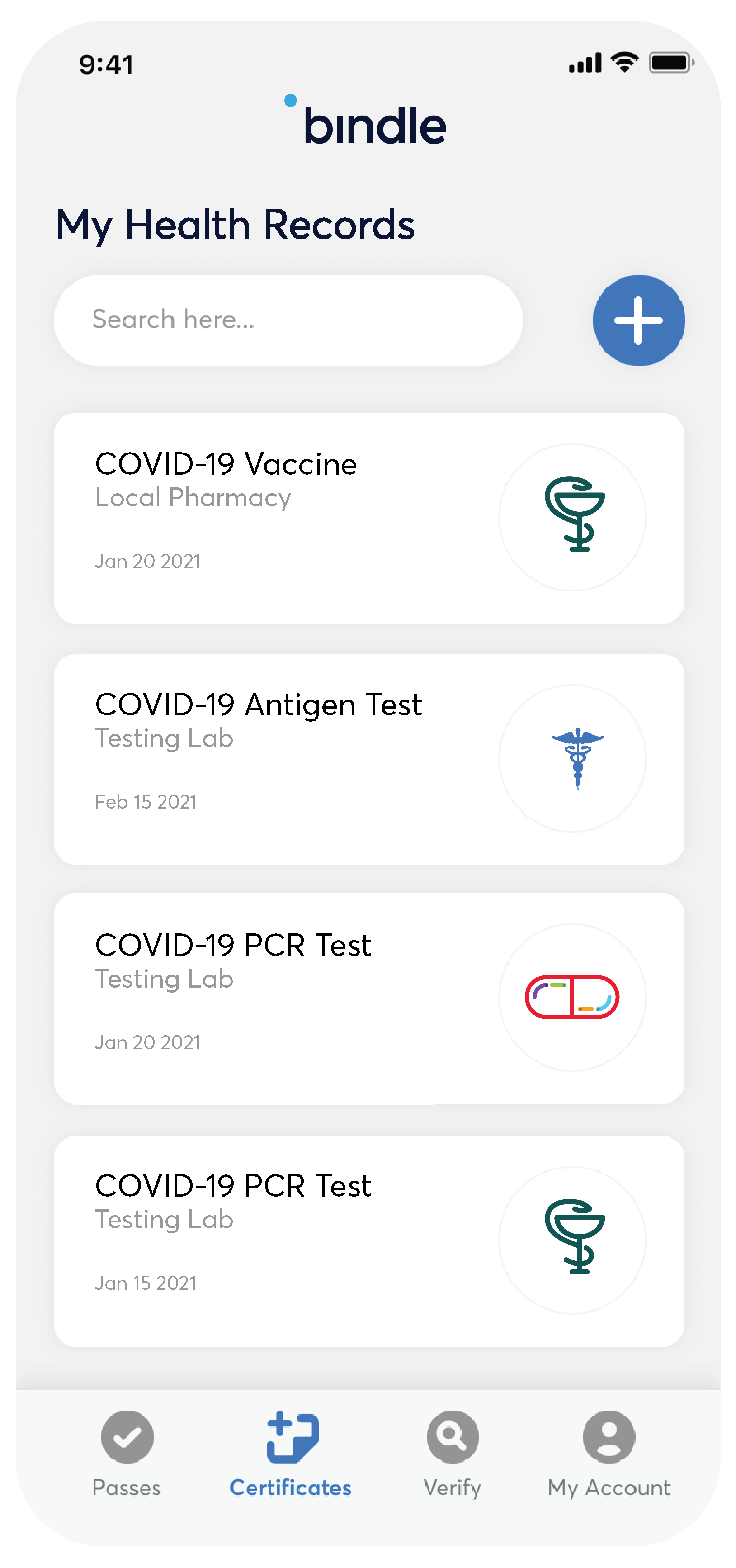
But it’s really not that simple. Many Americans suffer from underlying medical conditions that make the choice to get vaccinated difficult and highly-personal. Clinical trials assessing the effects of vaccination on immunosuppressed individuals are only just getting underway. And limited data are available on the safety of COVID vaccines for people who are pregnant. The list goes on: some lack easy access to vaccination sites, or free-time to get vaccinated during demanding workdays. For still others, vaccination violates closely-held religious beliefs. And, of course, children under 12 are not yet eligible. Is it fair for all of these groups to be exposed to the virus by maskless unvaccinated people?
There’s also the unavoidable reality that 5%-10% of vaccinated people will still get COVID-19 if they’re exposed to it, perhaps even more if exposed to the Delta variant. It now accounts for over 83% of the cases in the US, and has driven case rates up by 180% in just the past two weeks.
This is the hard truth: if we really want our economy back at full throttle, our workplaces and schools humming again, and our public venues at full capacity, we need an easy way to prove to each other that we’re unlikely to get each other sick. And we need to do it in such a way that does not create a new surveillance tool for the government or large technology companies.
Finally, any health verification system must also incorporate choice and equity into its very foundation. Experts have rightly raised concerns that these platforms could create “immunity inequality”, so they should whenever possible support the unvaccinated by allowing people to instead show recent test results. Similarly, to ensure these systems are available to everyone, we cannot have them based on smartphones alone – they need to work on paper too.
We need anonymous, secure, private health verification systems to safely get back to normal. And, with SSI, we can do it without sacrificing the freedoms we hold so dear.
—
Gus Warren is the CEO and co-founder of Bindle Systems, a self-sovereign identity (SSI) system for health verification.


